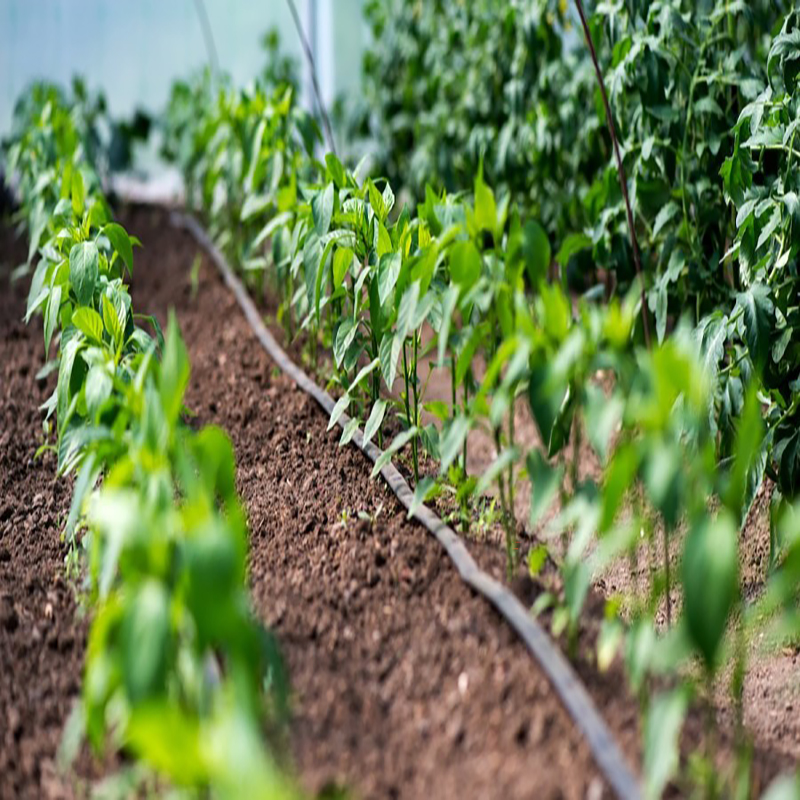
What is Organic?
Organic farmingOrganic farming is a holistic production management system that promotes and enhances agro-ecosystem health, including biodiversity, biological cycles, and soil biological activity.
This production system avoids or largely excludes the use of synthetically compounded fertilizers, pesticides, growth regulators, genetically modified organisms and livestock food additives. To the maximum extent possible organic farming system rely upon crop rotations, use of crop residues, animal manures, legumes, green manures, off farm organic wastes, biofertilizers, mechanical cultivation, mineral bearing rocks and aspects of biological control to maintain soil productivity and tilth to supply plant nutrients and to control insect, weeds and other pests. Organic methods can increase farm productivity and repair decades of environmental damage.
Certified organic foods are produced according to government standards set by the Indian NPOP. These standards were implemented in 2001. Organic standards address many factors: soil quality, animal raising, pest and weed control, and use of input materials. Materials approved for and prohibited from organic production can be found in the standards.
The use of sewage sludge, bioengineering (GMOs), ionizing radiation, and most synthetic pesticides and fertilizers is prohibited from organic production. Organic meat, poultry, eggs, and dairy products come from animals fed 100% organic feed and forage, given no antibiotics or growth hormones, and raised in conditions that follow their natural behaviors. As for the land - certified organic produce is grown on soil that has been free of prohibited substances for three years prior to harvest to ensure that the crops will not be contaminated. Focused on the use of renewable resources and conservation of soil and water, organic farmers enhance and sustain the environment for future generations.
NPOP standards also include regulations for organic processed products, including prohibiting artificial preservatives, flavors, and dyes. Organic ingredients are required, but the NPOP List includes some exemptions. NPOP standards include specific labeling rules for both produce and processed products.